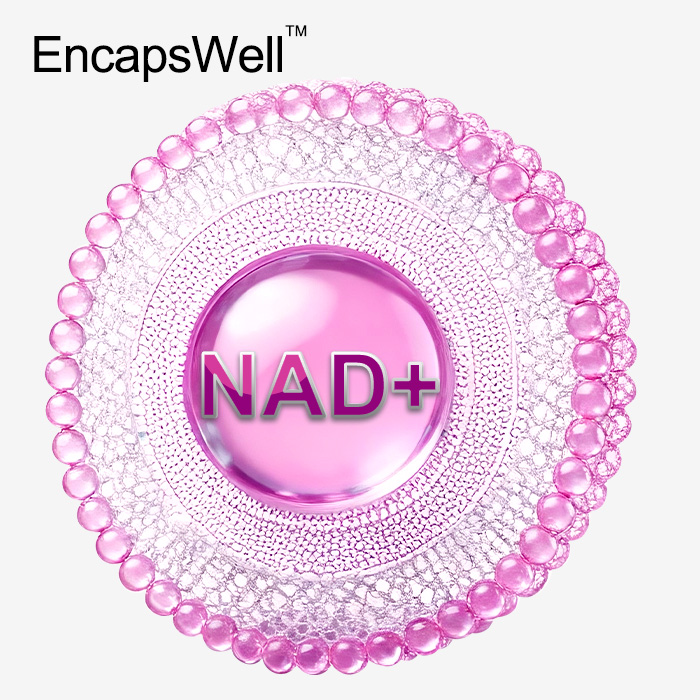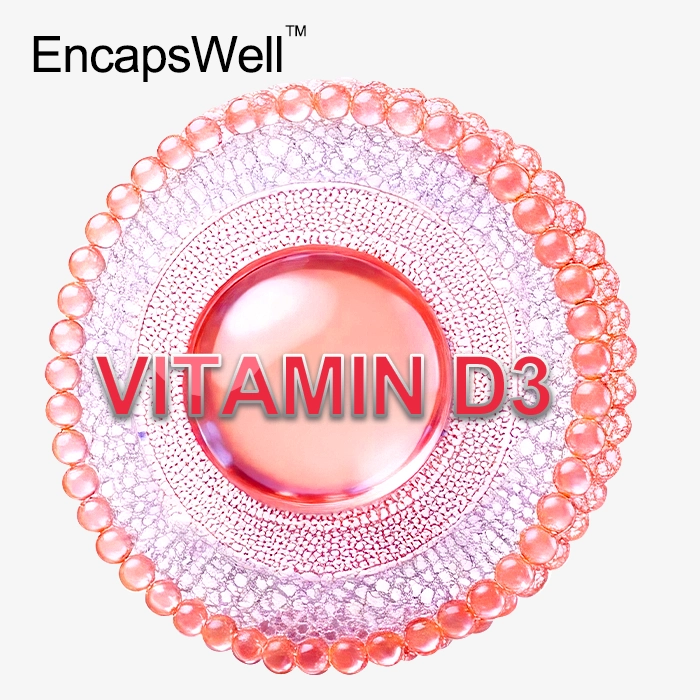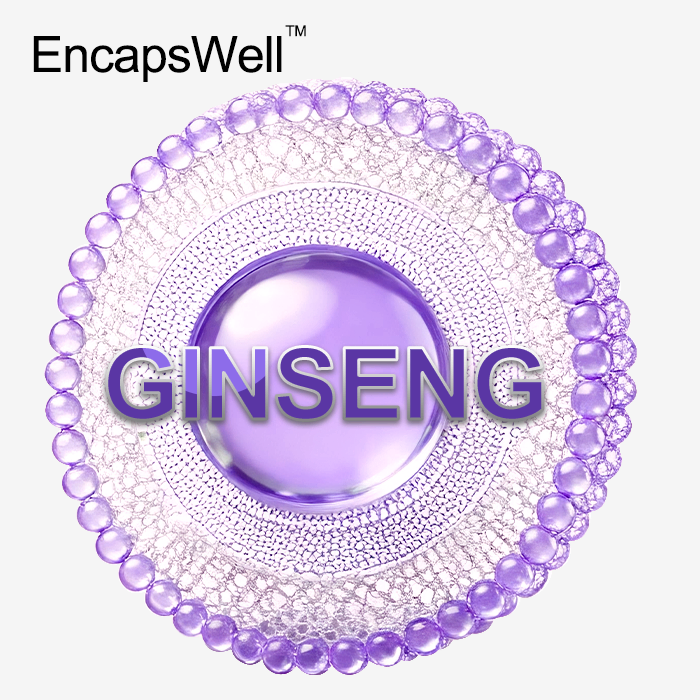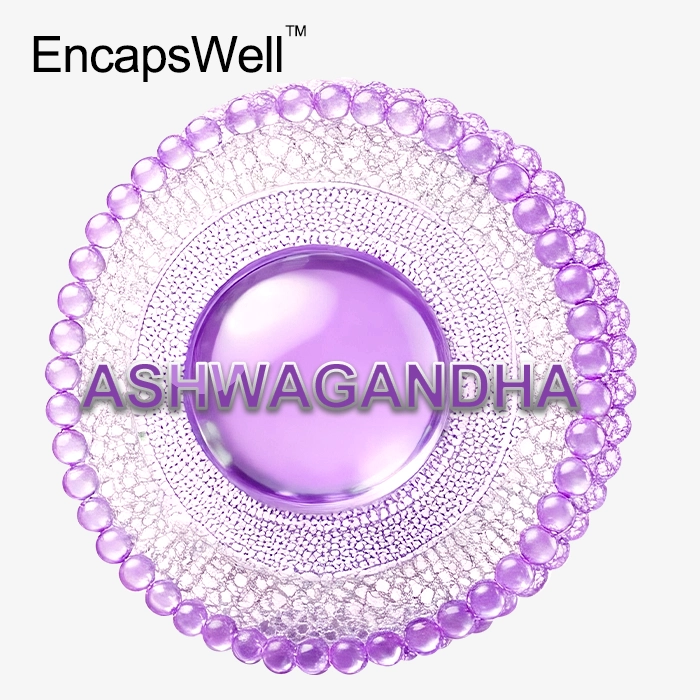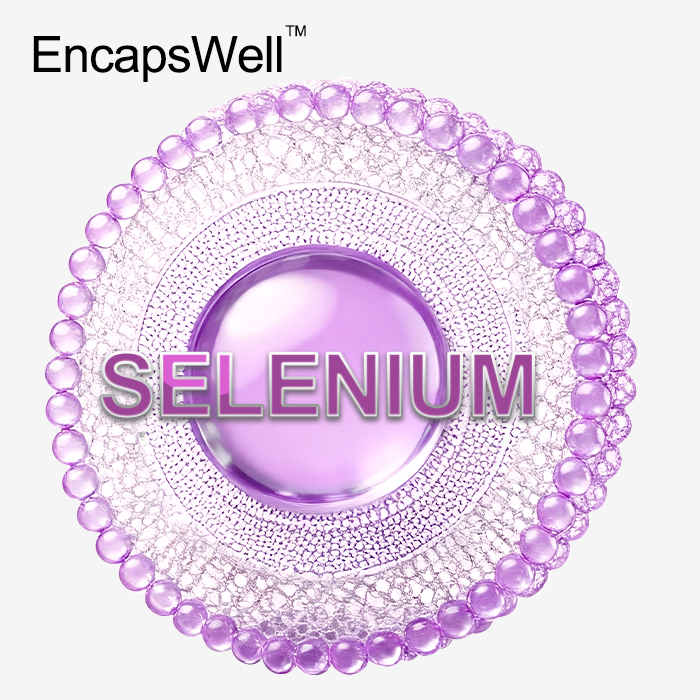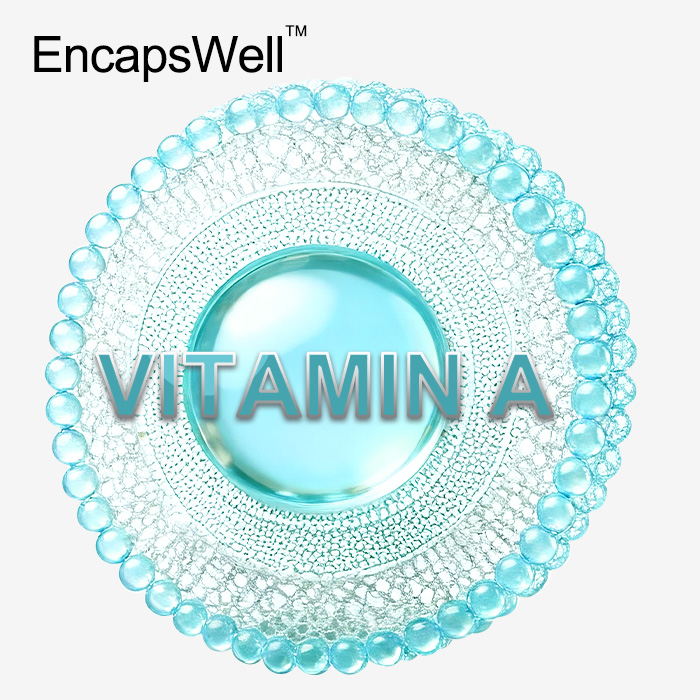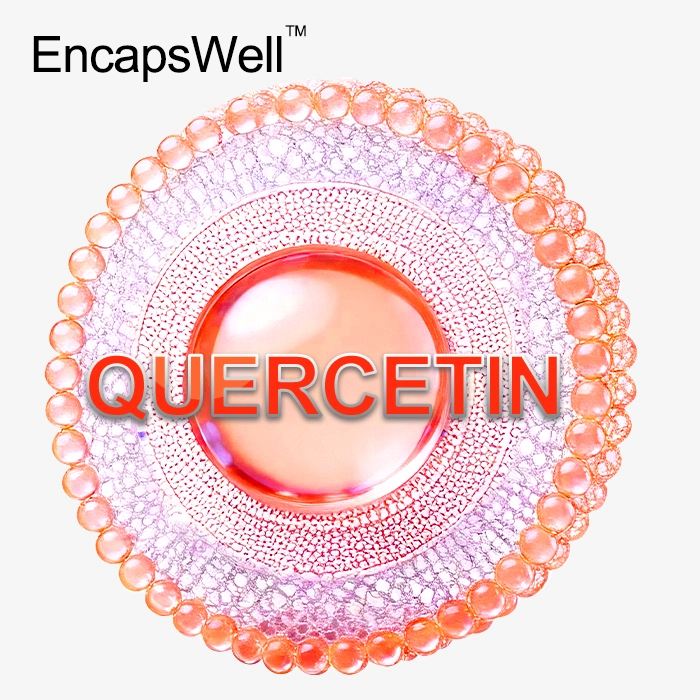How Liposomal Milk Thistle Powder Boosts Liver Enzymes?
Liposomal milk thistle powder enhances liver enzyme function through its superior bioavailability and targeted delivery. The liposomal encapsulation technology allows for improved absorption of silymarin, the active compound in milk thistle, directly into liver cells. This enhanced delivery system facilitates a more potent antioxidant effect, promoting the regeneration of liver cells and supporting the production of vital enzymes. By protecting hepatocytes from oxidative stress and toxins, liposomal milk thistle powder helps maintain optimal enzyme levels and supports overall liver health. The increased bioavailability of liposomal formulations ensures that a higher concentration of silymarin reaches the liver, maximizing its hepatoprotective benefits and effectively boosting liver enzyme activity.
Understanding Liposomal Milk Thistle and Its Impact on Liver Health
The Science Behind Liposomal Technology
Liposomal technology represents a groundbreaking advancement in supplement delivery systems. This innovative approach encapsulates beneficial compounds within microscopic lipid bubbles, mimicking the structure of cell membranes. For milk thistle, this means wrapping the potent silymarin extract in a protective phospholipid layer. The result? A dramatic improvement in bioavailability compared to traditional milk thistle supplements.
The liposomal structure shields the silymarin from harsh digestive processes, allowing a greater quantity of the active compounds to reach the liver intact. This enhanced delivery mechanism ensures that more of the beneficial constituents are available for absorption, maximizing the therapeutic potential of milk thistle.
Silymarin: The Powerhouse Behind Milk Thistle's Benefits
Silymarin, derived from the seeds of the Silybum marianum plant, is a complex of flavonolignans that gives milk thistle its renowned liver-protective properties. This powerful antioxidant compound works through multiple mechanisms to support liver health. It acts as a free radical scavenger, neutralizing harmful oxidative molecules that can damage liver cells. Additionally, silymarin stimulates protein synthesis in hepatocytes, promoting cellular repair and regeneration.
The hepatoprotective effects of silymarin extend to modulating inflammatory responses, stabilizing cell membranes, and even inhibiting the entry of toxins into liver cells. These multifaceted actions contribute to silymarin's ability to support healthy liver enzyme levels and overall hepatic function.
Liposomal Delivery: Enhancing Silymarin's Efficacy
The marriage of liposomal technology with silymarin creates a synergistic effect that amplifies the benefits of milk thistle. Liposomal milk thistle powder overcomes the poor oral bioavailability that has historically limited the effectiveness of traditional milk thistle supplements. By encapsulating silymarin in liposomes, the active compounds can bypass first-pass metabolism in the liver, leading to higher plasma concentrations and improved cellular uptake.
This enhanced delivery system allows for a more targeted approach, with liposomes fusing directly with liver cell membranes to release their payload. The result is a more efficient and effective way to deliver silymarin to its site of action, potentially leading to more pronounced benefits for liver enzyme function and overall hepatic health.
The Mechanism of Action: How Liposomal Milk Thistle Influences Liver Enzymes
Direct Antioxidant Effects on Liver Cells
Liposomal milk thistle exerts a powerful antioxidant effect directly on liver cells. The enhanced delivery of silymarin via liposomes allows for a higher concentration of these protective compounds to reach hepatocytes. Once inside the liver cells, silymarin acts as a potent free radical scavenger, neutralizing reactive oxygen species (ROS) that can cause cellular damage and disrupt enzyme function.
This direct antioxidant action helps maintain the integrity of liver cell membranes and protects vital cellular components, including enzymes, from oxidative stress. By preserving the structural and functional integrity of liver cells, liposomal milk thistle supports the optimal activity of key liver enzymes involved in detoxification and metabolism.
Modulation of Enzyme Production and Activity
Liposomal silymarin influences liver enzyme function through various mechanisms. It has been shown to stimulate RNA polymerase I activity, which is crucial for protein synthesis in liver cells. This increased protein synthesis can lead to the production of new enzymes and the regeneration of damaged liver tissue.
Furthermore, silymarin has been observed to modulate the activity of specific liver enzymes. For instance, it can help normalize elevated levels of liver enzymes such as alanine aminotransferase (ALT) and aspartate aminotransferase (AST), which are often indicators of liver stress or damage. By supporting the balance of these enzymes, liposomal milk thistle powder contributes to overall liver health and function.
Enhancement of Liver Cell Regeneration
One of the most remarkable effects of liposomal milk thistle is its ability to promote liver cell regeneration. Silymarin stimulates the production of new hepatocytes by increasing the synthesis of ribosomal RNA. This process is crucial for maintaining a healthy liver, as it allows for the replacement of damaged cells and the restoration of liver tissue.
The enhanced regenerative capacity supported by liposomal milk thistle powder helps maintain a robust population of healthy liver cells. This, in turn, ensures a steady supply of functional enzymes necessary for various liver processes, including detoxification, metabolism, and bile production. The result is a more resilient liver that can better withstand environmental stressors and maintain optimal enzymatic function.
Clinical Evidence and Future Perspectives on Liposomal Milk Thistle
Review of Clinical Studies on Liposomal Silymarin
Emerging clinical research has begun to shed light on the enhanced efficacy of liposomal milk thistle formulations. Several studies have compared the bioavailability and therapeutic effects of liposomal silymarin to traditional milk thistle extracts. These investigations have consistently demonstrated superior absorption rates and higher plasma concentrations of silymarin when delivered in liposomal form.
One notable study observed a significant improvement in liver enzyme levels among patients with non-alcoholic fatty liver disease (NAFLD) who were treated with liposomal silymarin. The research showed a more pronounced reduction in ALT and AST levels compared to conventional silymarin supplements, suggesting enhanced liver-protective effects. These findings underscore the potential of liposomal milk thistle powder as a more potent intervention for supporting liver health and enzyme function.
Potential Applications in Liver Disease Management
The improved bioavailability and efficacy of liposomal silybum marianum extract open up new possibilities for its application in managing various liver conditions. Researchers are exploring its potential in treating chronic liver diseases such as hepatitis, cirrhosis, and alcoholic liver disease. The enhanced delivery of silymarin to liver cells could provide more robust protection against oxidative stress and inflammation associated with these conditions.
Additionally, there is growing interest in using liposomal milk thistle as an adjunct therapy alongside conventional treatments. Its ability to support liver enzyme function and promote cellular regeneration may help mitigate the hepatotoxic effects of certain medications, potentially improving treatment outcomes and patient quality of life.
Future Research Directions and Innovations
The field of liposomal milk thistle research is ripe with potential for further innovation. Scientists are exploring ways to optimize liposomal formulations for even greater bioavailability and targeted delivery. This includes investigating different phospholipid compositions and particle sizes to enhance cellular uptake and liver-specific targeting.
Another exciting avenue of research involves combining liposomal milk thistle with other hepatoprotective compounds to create synergistic formulations. For example, pairing liposomal silymarin with antioxidants like glutathione or anti-inflammatory agents could potentially yield more comprehensive liver support supplements.
As our understanding of liver physiology and the mechanisms of liver disease continues to evolve, so too will the applications of liposomal milk thistle. Future studies may uncover new roles for this enhanced supplement in areas such as metabolic health, detoxification support, and even cancer prevention. The ongoing research in this field promises to unlock the full potential of liposomal milk thistle powder in boosting liver enzymes and supporting overall hepatic health.

Conclusion
Liposomal milk thistle powder represents a significant advancement in liver health supplementation. By enhancing the bioavailability and targeted delivery of silymarin, this innovative formulation offers a more potent approach to boosting liver enzymes and supporting overall hepatic function. The combination of antioxidant protection, enzyme modulation, and cellular regeneration makes liposomal milk thistle a promising tool for maintaining liver health and potentially managing liver diseases. As research continues to unfold, the future of liposomal milk thistle in liver health looks increasingly bright, offering hope for more effective interventions in hepatic care.
FAQs
What makes liposomal milk thistle powder more effective than regular milk thistle supplements?
Liposomal encapsulation significantly improves the absorption and bioavailability of silymarin, allowing for more effective delivery to liver cells.
How does liposomal milk thistle support liver enzyme function?
It enhances antioxidant protection, modulates enzyme production and activity, and promotes liver cell regeneration, all contributing to optimal enzyme function.
Are there any side effects associated with liposomal milk thistle powder?
Liposomal milk thistle is generally well-tolerated, but it's always best to consult with a healthcare professional before starting any new supplement regimen.
Boost Your Liver Health with Liposomal Milk Thistle Powder | EmerWell
At EmerWell, we specialize in cutting-edge liposomal supplement formulations, including our premium liposomal milk thistle powder. Our EncapsWell™ technology ensures superior bioavailability and stability, maximizing the liver-boosting benefits of silymarin. As a leading supplier and manufacturer, we offer tailored OEM/ODM services to bring your liver health products to market quickly and efficiently. Experience the power of liposomal innovation with EmerWell. Contact us at info@emerwell-bio.com to learn more about our liver-supporting solutions.
References
Flaig, T. W., et al. (2019). A phase I and pharmacokinetic study of silybin-phytosome in prostate cancer patients. Investigational New Drugs, 37(6), 1355-1362.
Loguercio, C., & Festi, D. (2011). Silybin and the liver: From basic research to clinical practice. World Journal of Gastroenterology, 17(18), 2288-2301.
Kidd, P., & Head, K. (2005). A review of the bioavailability and clinical efficacy of milk thistle phytosome: a silybin-phosphatidylcholine complex (Siliphos). Alternative Medicine Review, 10(3), 193-203.
Surai, P. F. (2015). Silymarin as a Natural Antioxidant: An Overview of the Current Evidence and Perspectives. Antioxidants, 4(1), 204-247.
Vargas-Mendoza, N., et al. (2014). Hepatoprotective effect of silymarin. World Journal of Hepatology, 6(3), 144-149.
Federico, A., et al. (2017). Silymarin/Silybin and Chronic Liver Disease: A Marriage of Many Years. Molecules, 22(2), 191.
Have a project in mind? Tell us your goals — we’ll help you make it real.


